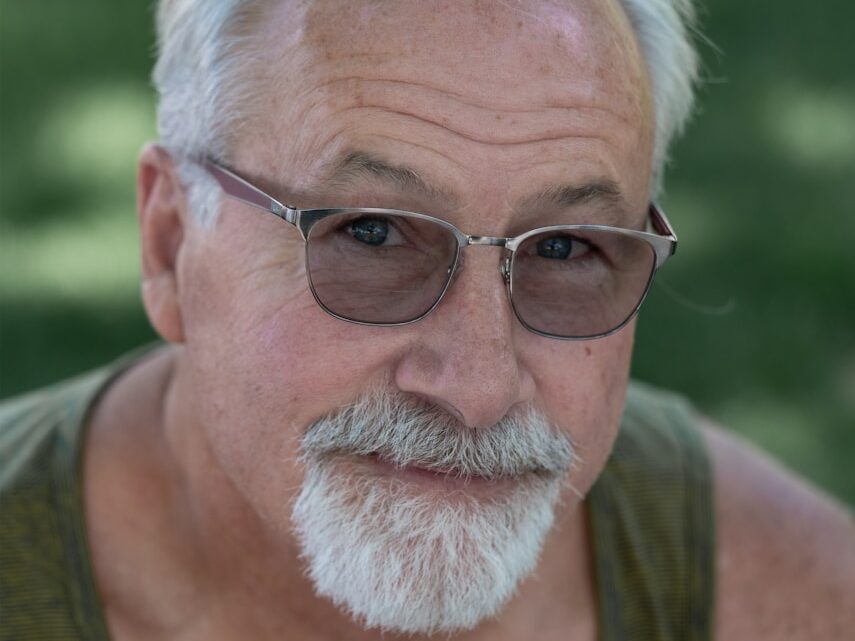
Being single later in life isn’t a tragedy, though people often treat it like one. Friends, family and even strangers sometimes ask questions or make comments that sting more than they realize. For many older singles, these remarks pile up and become exhausting. They don’t need pity or lectures — just respect for their choices. Here are some of the things they hear far too often and wish people would stop saying.
Are You Still Single?

It sounds casual, but this question hits like a reminder that their life doesn’t fit the expected timeline. They don’t need constant updates on their status — they’re already living it every day. To ask “still” adds pressure, as if being single is a temporary state that should have ended by now. For many, it feels less like curiosity and more like judgment dressed as conversation.
You’ll Find Someone When You Stop Looking

People mean this as encouragement, but it often comes across as dismissive. It implies they’re doing something wrong by wanting companionship. Searching for a partner isn’t the issue — the right match simply hasn’t appeared. Telling someone to “stop looking” trivializes the natural desire for love and companionship, turning it into a flaw that needs fixing instead of something deeply human.
Have You Tried Online Dating?

Most older singles have heard this suggestion more times than they can count. The assumption is that they must not be trying hard enough, when in reality, many have explored dating apps and found them exhausting or unhelpful. Bringing it up repeatedly makes it sound like a solution they’ve been ignoring, when often it’s a road they’ve already walked with little to show for it.
Maybe You’re Too Picky

This comment suggests their standards are the problem, not the dating landscape. Older singles often know exactly what they want — and what they don’t want — after years of experience. Calling that “picky” makes it seem like they should settle for less than they deserve. It’s rarely about being unreasonable. It’s about recognizing their worth and not wanting to waste time in the wrong relationship.
Why Didn’t Things Work Out?
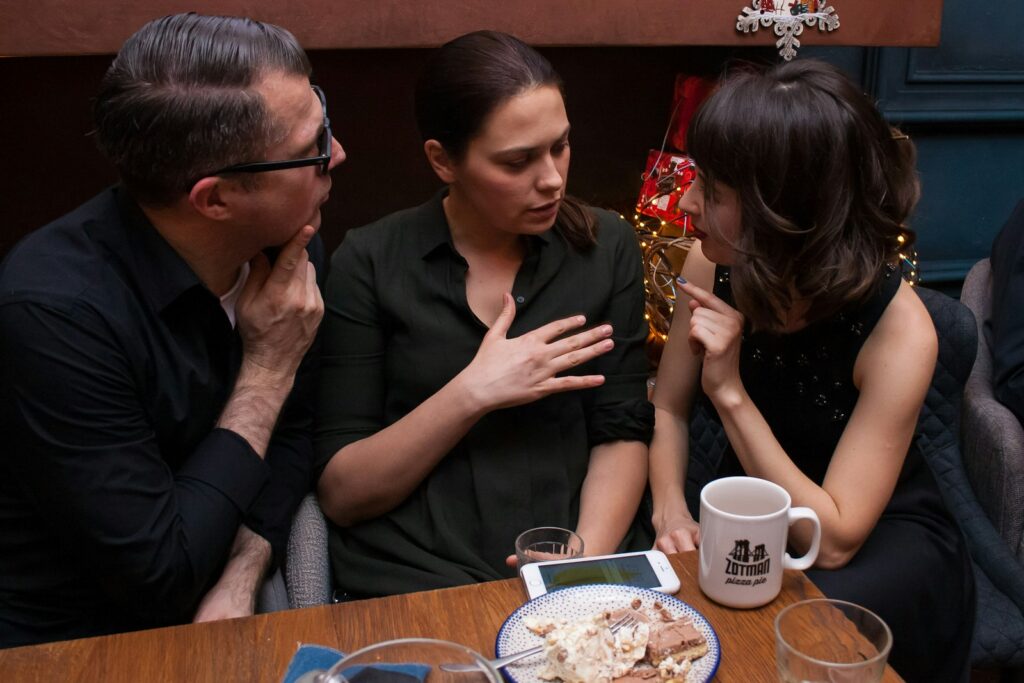
It’s one thing to ask about past experiences, but questioning why someone’s relationships ended often feels invasive. Not every story is one they want to revisit or explain. Sometimes things ended for reasons that don’t need defending. Constantly asking “why” puts them on trial, forcing them to justify choices that were right for them, even if they don’t make sense to outsiders.
You Must Be Lonely

People assume singleness equals loneliness, but that isn’t always true. Many older singles have rich friendships, fulfilling careers or passions that bring joy. Suggesting they must be lonely dismisses the fullness of their life. Loneliness can strike anyone, partnered or not. This question carries pity instead of understanding, as though their life is empty by default because they don’t share it with a spouse.
It Must Be Hard to Start Over

While dating later in life can bring unique challenges, suggesting it’s “hard” feels discouraging. It assumes that new beginnings are only for the young. Many older singles actually find freedom in starting fresh — they know themselves better and aren’t willing to waste time in the wrong place. What sounds like a warning often feels like someone projecting fear instead of recognizing the opportunity.
Don’t You Want Kids?

For many, this question is deeply personal and sometimes painful. Some may have wanted children but never had the chance, while others are at peace with not being parents. Either way, being asked reduces their worth to whether or not they’ve raised a family. It ignores the richness of their other contributions and turns private choices into a public interrogation they didn’t ask for.
Maybe You Missed Your Chance
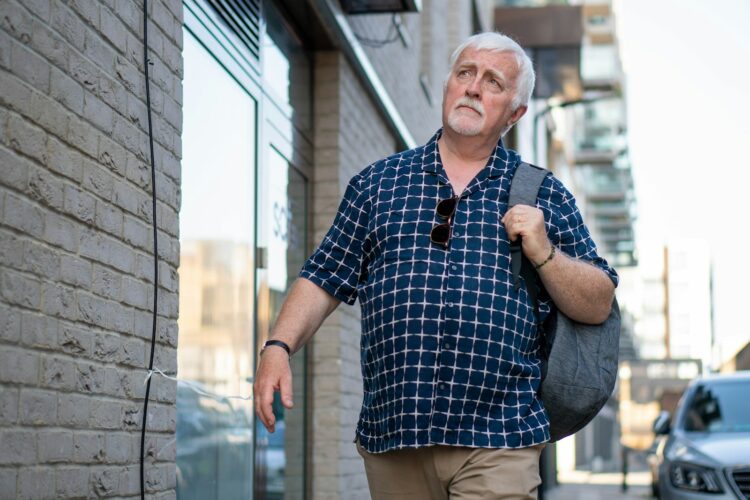
This remark stings because it assumes their life is a series of missed opportunities instead of ongoing possibilities. It paints the future as closed, with doors permanently shut. In reality, life offers new chances at every age, whether in relationships, careers or passions. Suggesting someone “missed out” only serves to diminish their present instead of acknowledging the life they’re actively living.
You Must Be So Independent
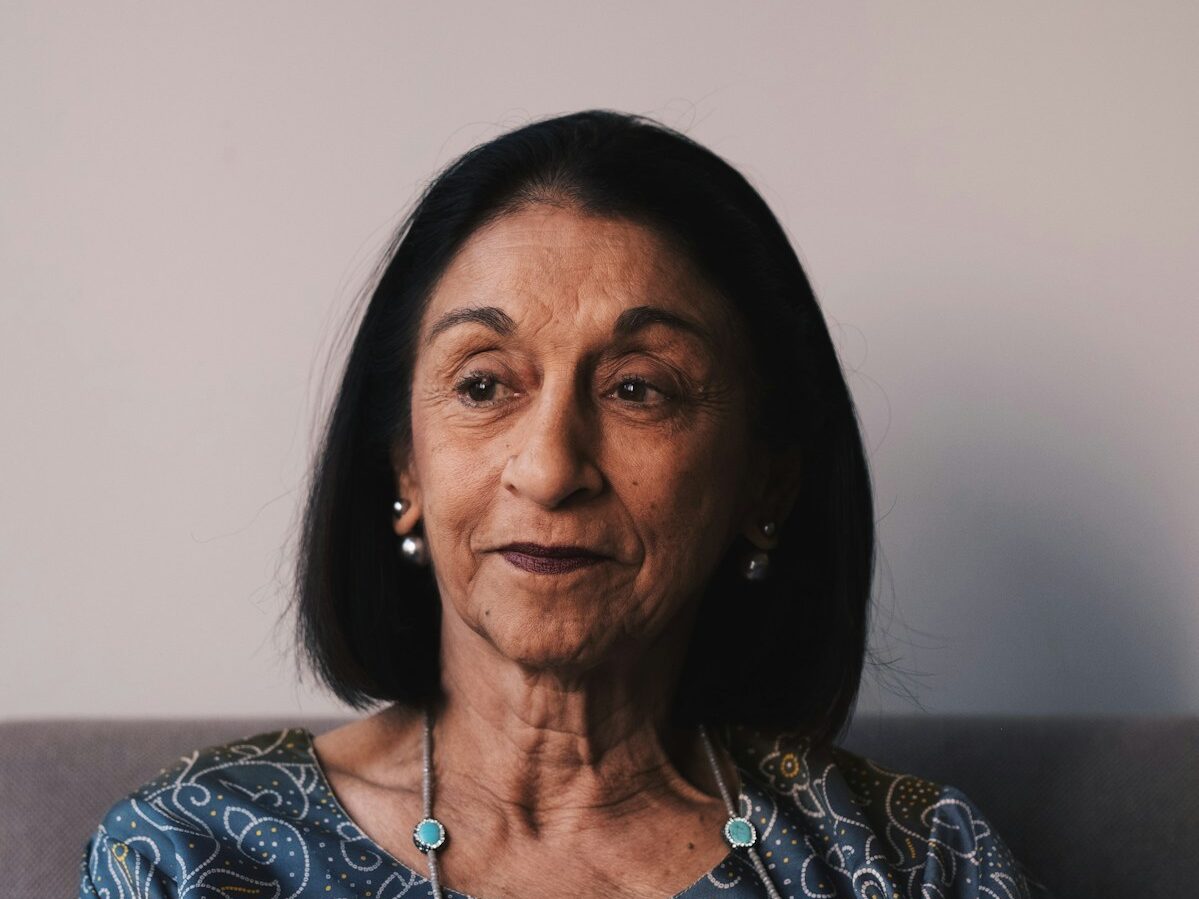
At first glance, this sounds like a compliment but often it’s laced with pity. It frames independence as something forced on them rather than chosen. Many older singles are indeed capable and self-sufficient, but independence doesn’t need to be their whole identity. This comment tends to highlight what others see as missing rather than celebrating the strength they’ve built along the way.
I Can Set You Up With Someone

Matchmaking offers often come from a good place, but they can also feel awkward. Not every single person wants to be set up with a friend-of-a-friend simply because they’re both single. It suggests that any partner will do, as long as they’re available. While some setups work, constantly offering them can make older singles feel like projects rather than people.
You’re Too Focused on Your Career

This line assumes they traded love for work, as though the two couldn’t coexist. In truth, many older singles didn’t “choose” career over love — life just unfolded differently. Reducing their story to a simple trade-off erases the complexities of timing, compatibility, and circumstance. It blames ambition for singleness instead of recognizing that relationships are rarely that straightforward.
Maybe You’re Intimidating

Framing someone’s success, confidence or self-awareness as “intimidating” shifts responsibility onto them for being single. It suggests they should shrink themselves to attract a partner, which is insulting. Being accomplished isn’t a flaw. It’s not their job to appear less capable or less confident just to fit someone else’s comfort level. This remark says more about others’ insecurities than their reality.
Don’t Worry, It’ll Happen Soon

This phrase is usually meant to reassure, but it carries the assumption that marriage or partnership is inevitable, as though it’s simply delayed. For many, it may not “happen soon,” and that’s okay. Reassurances like this can feel hollow because they ignore the possibility that someone might be happy as they are. Not every life has to follow the same script to have value.
You Must Have High Standards
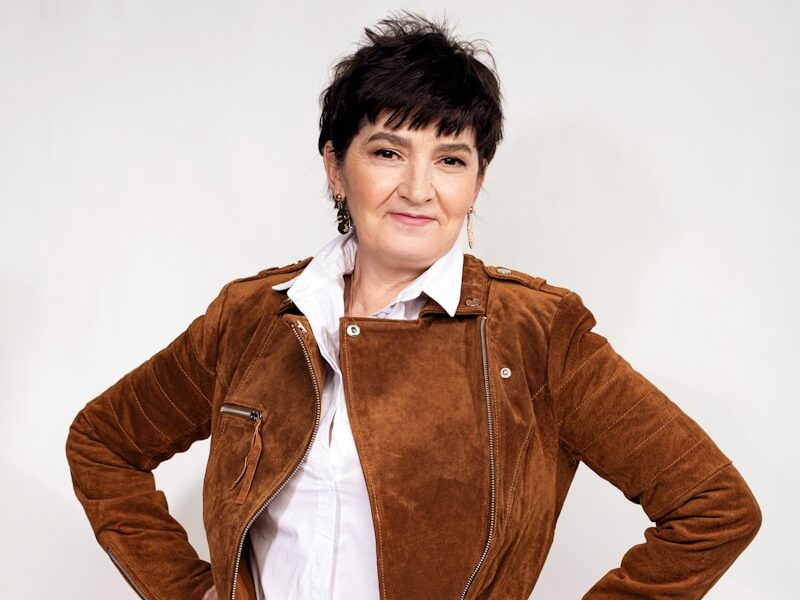
Older singles hear this often, and it usually comes across as criticism. But high standards are frequently the result of knowing what doesn’t work. Experience teaches them what kind of relationships are healthy and which ones to avoid. Their standards should be viewed as very wise and practical, instead of unreasonable. Settling for less is much riskier than holding out for someone who truly fits.

